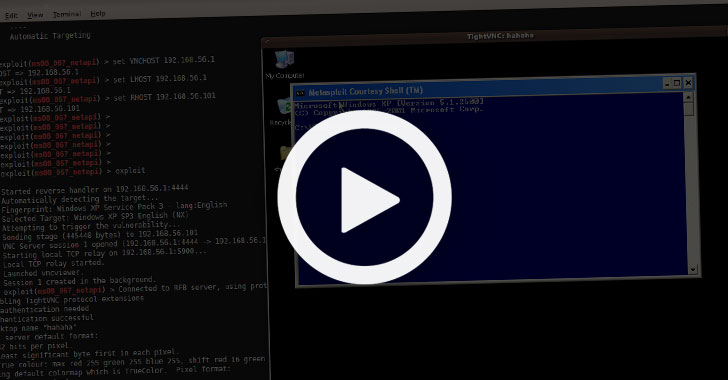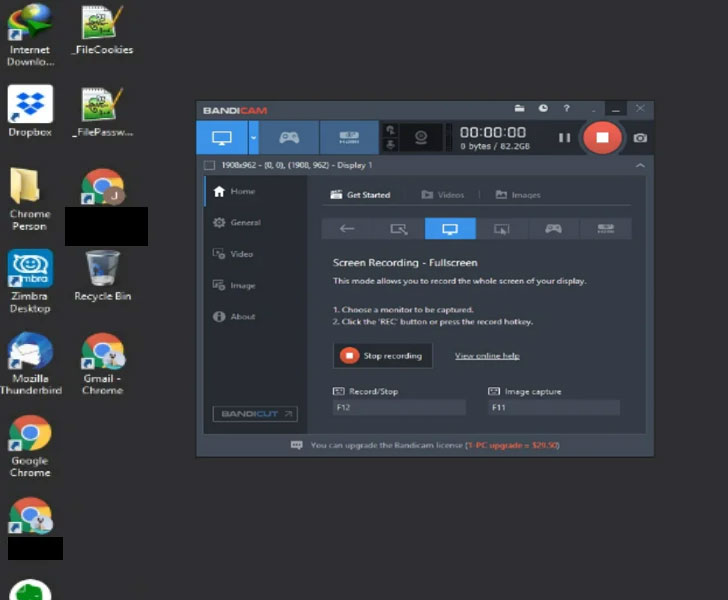An OPSEC error by an Iranian threat actor has laid bare the inner workings of the hacking group by providing a rare insight into the "behind-the-scenes look into their methods."
IBM's X-Force Incident Response Intelligence Services (IRIS) got hold of nearly five hours worth of video recordings of the state-sponsored group it calls ITG18 (also called Charming Kitten, Phosphorous, or APT35) that it uses to train its operators.
Some of the victims in the videos included personal accounts of U.S. and Greek Navy personnel, in addition to unsuccessful phishing attempts directed against U.S. state department officials and an unnamed Iranian-American philanthropist.
"Some of the videos showed the operator managing adversary-created accounts while others showed the operator testing access and exfiltrating data from previously compromised accounts," the researchers said.
The IBM researchers said they found the videos on a virtual private cloud server that was left exposed due to a misconfiguration of security settings. The server, which was also found to host several ITG18 domains earlier this year, held more than 40 gigabytes of data.
The discovered video files show that ITG18 had access to the targets' email and social media credentials obtained via spear-phishing, using the information to log in to the accounts, delete notifications of suspicious logins so as not to alert the victims, and exfiltrate contacts, photos, and documents from Google Drive.
"The operator was also able to sign into victims' Google Takeout (takeout.google.com), which allows a user to export content from their Google Account, to include location history, information from Chrome, and associated Android devices," the researchers noted.
Besides this, the videos — captured using Bandicam's screen-recording tool — also show that the actors behind the operation plugged the victims' credentials to Zimbra's email collaboration software intending to monitor and manage the compromised email accounts.
Outside of email accounts, the researchers said they found the attackers employing a long list of compromised usernames and passwords against at least 75 different websites ranging from banks to video and music streaming to something as trivial as pizza delivery and baby products.
Other clips showed the ITG18 group leveraging dummy Yahoo! accounts, which include a phone number with Iran's country code (+98), using them to send the phishing emails, some of which bounced back, suggesting the emails did not reach the victim's inbox.
"During the videos where the operator was validating victim credentials, if the operator successfully authenticated against a site that was set up with multi-factor authentication (MFA) they paused and moved on to another set of credentials without gaining access," the researchers said.
ITG18 has a long history of targeting the U.S. and the Middle Eastern military, diplomatic, and government personnel for intelligence gathering and espionage to serve Iran's geopolitical interests.
If anything, the discovery emphasizes the need to secure your accounts by using stronger passwords, turning on two-factor authentication, and reviewing and limiting access to third-party apps.
"The compromise of personal files of members of the Greek and U.S. Navy could be in support of espionage operations related to numerous proceedings occurring in the Gulf of Oman and Arabian Gulf," IBM X-Force researchers concluded. "The group has shown persistence in its operations and consistent creation of new infrastructure despite multiple public disclosures and broad reporting on its activity."
Found this article interesting? Follow THN on Facebook, Twitter and LinkedIn to read more exclusive content we post.
.png)
 4 years ago
299
4 years ago
299 

















 Bengali (Bangladesh) ·
Bengali (Bangladesh) ·  English (United States) ·
English (United States) ·